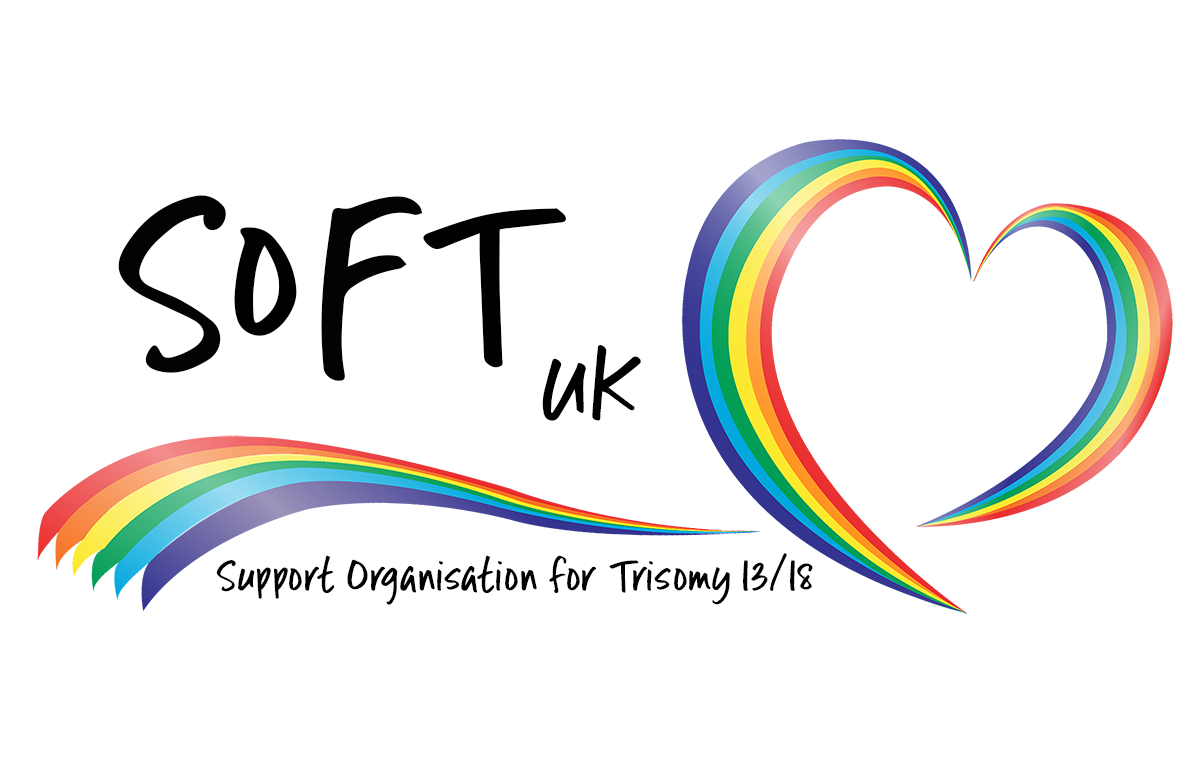Coping with Others' Reactions After the Loss of a Child with Trisomy 13 or Trisomy 18: A Guide for Families
The loss of a child is one of the most devastating experiences a family can face. When that loss is due to a rare condition like Trisomy 13 or Trisomy 18, the grief is often accompanied by unique challenges, including navigating the reactions of others. While some people may offer comfort and support, others may respond in ways that are unintentionally hurtful or dismissive. This article aims to help families understand and cope with the wide range of reactions they may encounter after such a profound loss.
Understanding Others' Reactions
People often struggle to know how to respond to the loss of a child, especially when the child had a condition like Trisomy 13 or Trisomy 18. The rarity and complexity of these conditions can lead to misunderstandings, awkwardness, or even avoidance. Here are some common types of reactions families might encounter:
Expressions of Sympathy: Many people will offer heartfelt condolences and express genuine sadness for your loss. These individuals may not fully understand your experience, but their kindness can be a source of comfort.
Well-Intentioned but Misguided Comments: Some people may say things they believe are comforting but that may come across as insensitive or dismissive. Phrases like "At least you knew it was coming," or "Everything happens for a reason," can feel minimising to your grief.
Avoidance or Silence: Some people may avoid the topic of your loss entirely, either because they don’t know what to say or because they are uncomfortable with the subject. This can feel isolating and may lead to feelings of abandonment.
Curiosity or Invasive Questions: Others may ask detailed or personal questions about your child’s condition, the decisions you made, or the circumstances of your loss. While these questions might stem from a desire to understand, they can feel intrusive and overwhelming.
Comparisons to Other Losses: Some individuals might compare your loss to their own experiences of grief or loss. While they may be trying to relate, these comparisons can sometimes feel dismissive or irrelevant to your unique situation.
Strategies for Coping with Difficult Reactions
Dealing with the reactions of others can add an additional layer of stress to an already overwhelming experience. Here are some strategies to help you cope:
Set Boundaries: It’s okay to set limits on conversations that feel uncomfortable or invasive. You might say, "I appreciate your concern, but I’m not ready to discuss this right now," or, "That’s a personal matter, and I’d prefer to keep it private."
Prepare Responses: Anticipating certain reactions and having responses ready can help you feel more in control. You might prepare a brief explanation of Trisomy 13 or Trisomy 18 if you feel up to educating others, or a simple, "Thank you for your concern, we’re taking it day by day," to deflect more probing questions.
Lean on Supportive People: Surround yourself with individuals who offer genuine support and understanding. This might include close friends, family members, or support groups for parents who have experienced similar losses.
Educate When Appropriate: If you feel comfortable, gently educating others about your child’s condition and your experience can help them understand your grief better. However, this is a personal choice, and it’s important to prioritise your own emotional needs first.
Allow Yourself to Walk Away: If a conversation or interaction becomes too distressing, it’s okay to excuse yourself. Protecting your emotional well-being is paramount, and you should never feel obligated to stay in a situation that is causing you pain.
Practice Self-Compassion: It’s natural to feel hurt, angry, or frustrated by others’ reactions. Remind yourself that your grief is valid and that you are not responsible for educating or comforting others during this time. Be gentle with yourself and prioritize your own healing.
Dealing with Social Media and Public Reactions
In today’s digital age, social media can be both a blessing and a challenge when it comes to dealing with others’ reactions. Here are some tips for navigating this space:
Control What You Share: Decide in advance how much information you want to share about your loss on social media. Some families find solace in posting tributes to their child, while others prefer to keep their grief private.
Filter Your Audience: Consider adjusting your privacy settings or creating a smaller, private group where you can share updates and memories with those who truly understand and support you.
Ignore Unhelpful Comments: If you receive unhelpful or hurtful comments online, it’s okay to ignore them or delete them. You do not need to engage with everyone who responds to your posts.
Seek Online Support: Many parents find comfort in online support groups or forums dedicated to families who have experienced similar losses. These spaces can provide a sense of community and understanding that might be lacking in your immediate social circle.
Finding Healing in the Face of Others’ Reactions
While it can be difficult to deal with others’ reactions after the loss of a child with Trisomy 13 or Trisomy 18, it’s important to remember that your grief journey is your own. Healing comes from within, and it’s okay to prioritise your needs and well-being above others’ expectations or reactions.
Honor Your Child’s Memory: Find ways to honor and remember your child that feel meaningful to you. This might involve creating a memory box, participating in a charity walk, or simply setting aside time each day to reflect and remember.
Focus on Your Support System: Lean on those who truly understand and respect your grief. Whether it’s close friends, family, or a support group, surrounding yourself with empathetic individuals can make a significant difference in your healing process.
Give Yourself Time: Grieving is a long and personal journey. Allow yourself the time and space to process your emotions without feeling pressured by others’ timelines or expectations.
